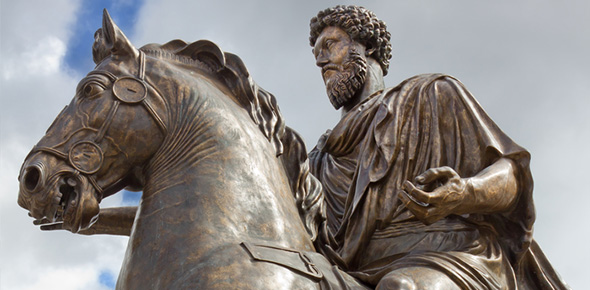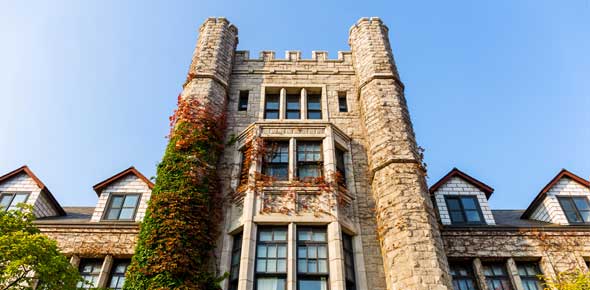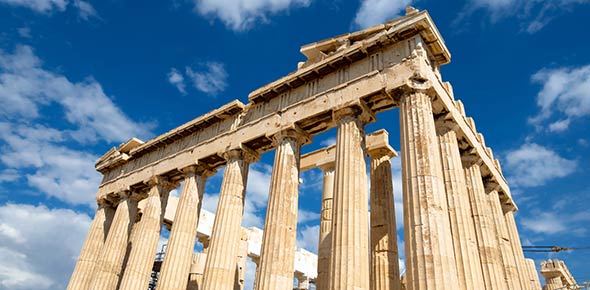Related Flashcards
Related Topics
Cards In This Set
| Front | Back |
|
Republic
|
A form of government in which power is in the hands of representatives and leaders are elected by citizens who have the right to vote.
|
|
Patrician
|
In ancient rome, a member of the wealthy, privileged upper class.
|
|
Plebeian
|
In ancient rome, one of the common farmers, artisans, and merchants who made up most of the population.
|
|
Tribune
|
In ancient rome an official elected by the plebeians to protect their rights.
|
|
Consul
|
In the roman republic one of the two powerful officials elected each year to command the army and direct the government.
|
|
Senate
|
In ancient rome the supreme governing body originally made up only of aristocrats.
|
|
Dictator
|
In ancient rome a political leader given absolute power to make laws and command the army for a limited time.
|
|
Punic Wars
|
A series of three wars between rome and carthage (264-146 B.C.) resulted in the destruction of Carthage and Rome's dominance over the western mediterranean.
|
|
Legions
|
A military unit of the ancient Roman army, made up of about 5,000 foot soldiers and a group of soldiers on horseback.
|
|
Civil War
|
A conflict between two political groups within the same country.
|
|
Triumvirate
|
In ancient rome, a group of three leaders sharing control of the government.
|
|
Pax Romana
|
A period of peace and prosperity throughout the Roman Empire, lasting from 27 B.C. to A.d. 180
|
|
Apostle
|
One of the followers of Jesus who preached and spread his teachings.
|
|
Diaspora
|
The dispersal of the jews from their homeland in Palistine-especially during the period of more than 1,800 years that followed the Romans' destruction of the Temple in Jerusalem in A.D. 70
|
|
Bishop
|
A high ranking christian official who supervises a number of local churches
|






